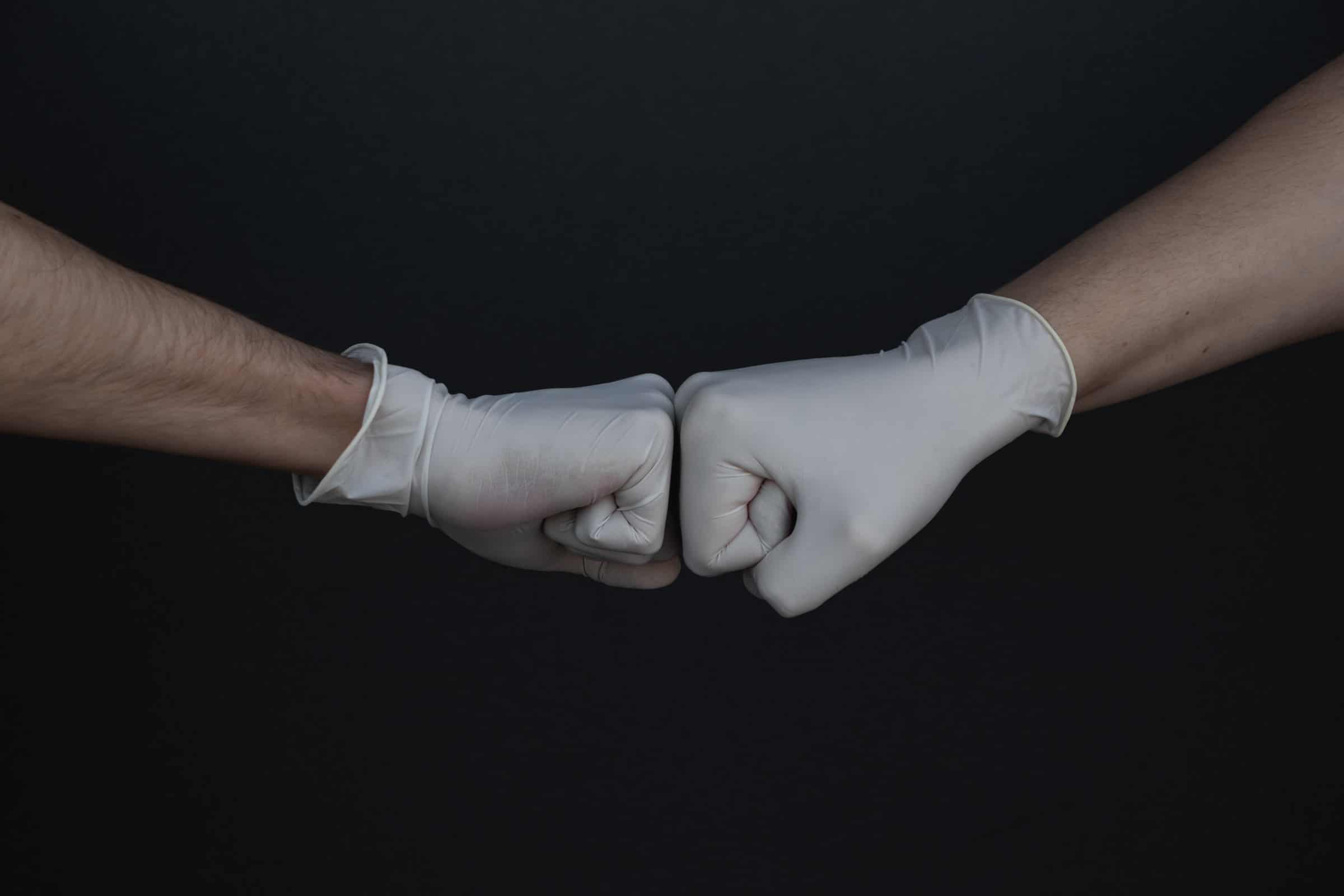
Qué miran los reclutadores cuando hacen una entrevista
I am sure, dear reader, that many times you have wanted to get into the head of a recruiter to be able to apply for a position, in fact, how beautiful and how easy everything would be, right?
As you know, the mission of an interviewer is based on finding the person that best suits the position offered, and for this they always perform a series of steps . So far nothing new.
One of them, and very important, is to discover in the interview if that candidate is valid for the position and if he can contribute that extra that is needed in the business. But socially, the interview is one of the points where the most fearful candidates are and where many doubts are generated .
You try to do your best, but it is often difficult to know what your interviewer will look at when you finally sign up.
For this reason, from Job Today, we will help you solve your doubts. For this, we wanted to prepare this post where you will learn what are some of the points in which recruiters are fixed and thus be closer to your next job.
Puntuality
Punctuality is important. That implies that you are interested in work first, that you have worried about coming on time. A basic and extended rule is to arrive 10-15 minutes before the interview and go with time to spare.
Shake hands
Although it seems not, this little gesture can show a lot. It depends on how you shake hands in the grip can mean one thing or another. A weak handshake can mean insecurity, nerves or shyness , so we can think that this candidate will be very restrained with his words.
A strong handshake means security or extroversion . In this case, it is usually more effective since you identify that the candidate will “move forward” in the interview.
Therefore, I recommend, if we had to choose, that the grip be strong and firm, to give a good feeling to the recruiter in the first contact.
Nonverbal behavior
This is one of the most important and most difficult parts to control. The basics of this step is that you behave naturally and without lying.
The most natural thing is to maintain an upright posture, arms on the table and look straight ahead towards the person interviewing you .
When starting the conversation and when asked questions, it is positive to gesture with your arms . That implies movement, attitude and truth in your words.
While your interviewer speaks, you should always be listening, nod when he speaks and ask if you have any questions.
The meaning of your words
Following the same tone, the recruiter must see two things, your experience, your personality and if you meet the right profile. For this, not only gestures count, words also .
Recruiters will ask you several things about yourself: General information, training, experience, what you are looking for, what you would highlight about yourself … All this to get the maximum information possible.
First of all , look for consistency and firmness in your words , always telling the truth. First of all, have a meaning and say it for sure.
It is highly recommended, therefore, that everything you say do not improvise, that you have it prepared.
In fact, a good interview is based on a good previous preparation , on imagining the type of person you will find, your potential questions and your answers.
For example, imagine that, for a position, when you analyze it you will work in a team and that overtime is usually done. In your speech, phrases like “I like to work in a team, share ideas and learn from my classmates” or “I am a person with a spirit of sacrifice. If you have to work more hours it is done ”they will give you many points in favor so that they end up hiring you.
Ask questions
As the interview ends, the moment comes when you should ask about the position and thus generate interest towards the position and the recruiter.
It is always positive to have at least 2 (or 3) questions prepared. For example:
- How many people will I work with?
- What difficulties can I find in my day to day?
- What will be my workday?
- Will my candidacy be answered both yes and no?
- When is incorporation needed?
(…)
These are simply an example, but you can imagine more depending on the position you are opting for.
The farewell
An interview does not end until it comes out the door. It is important that you remain kind, do not relax and continue the conversation with the recruiter until the final farewell.
At the end it never hurts to have another handshake and ask if they will give you an answer whether it is yes or no. That from the recruiter’s part is always appreciated because it denotes interest in the candidate’s part .
Final Thank You Mail
Finally, it is advisable, as an ideal final , to send an email to the recruiter thanking the time, waiting for resolution of your candidacy and that you are for any questions or queries that may arise.
And these are several of the points that recruiters see when an interview is done. Keep them in mind for your future jobs and I am very sure that, if you have it well prepared, you can get any job.
As we always say, it is possible that at first you will not leave. They are small details that are gradually being worked on.
So go ahead and get a very good job for your future 😊 !
–
Looking for a job now at JOB TODAY: sales , administration , events , retail , waiter , cooking , education , …



